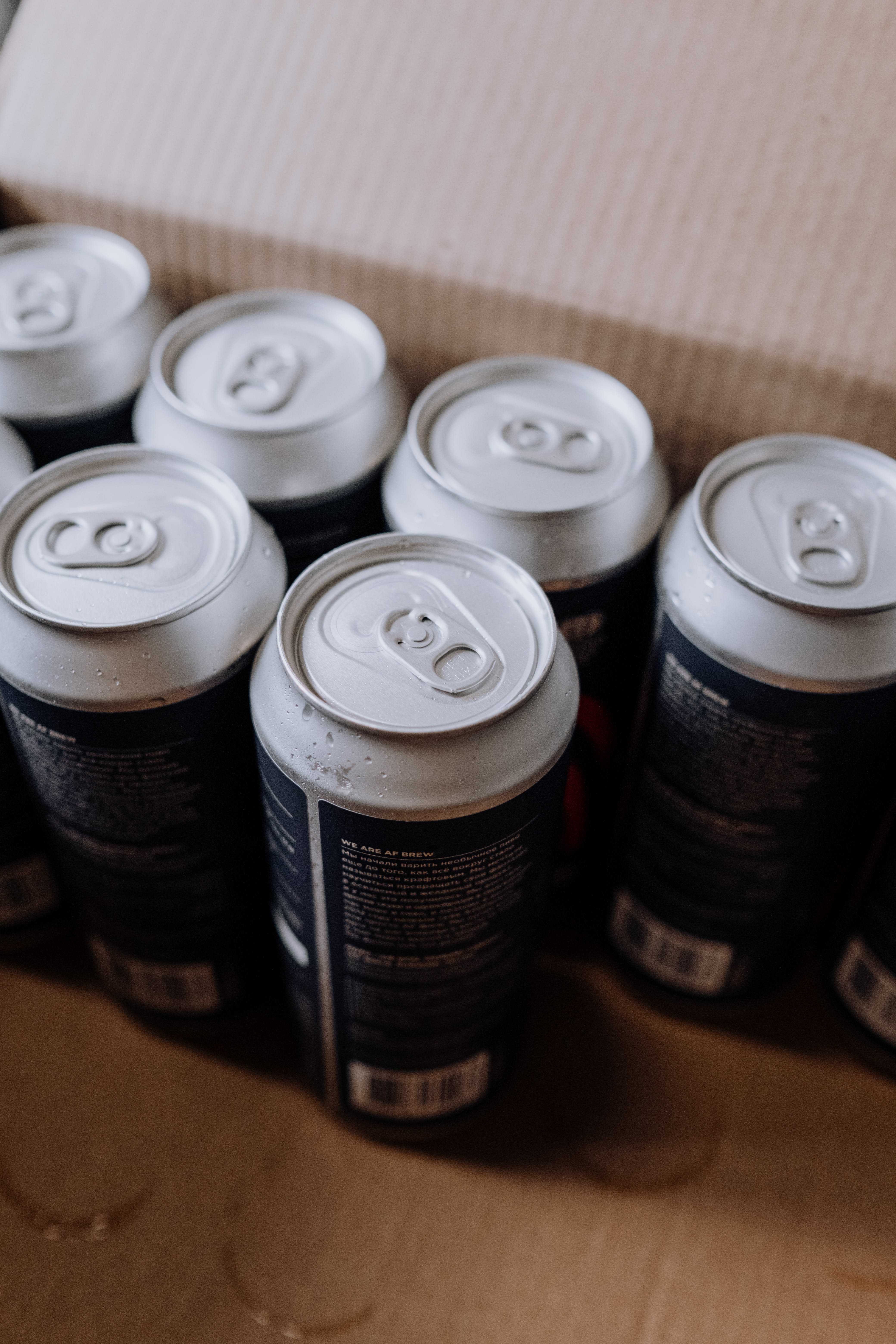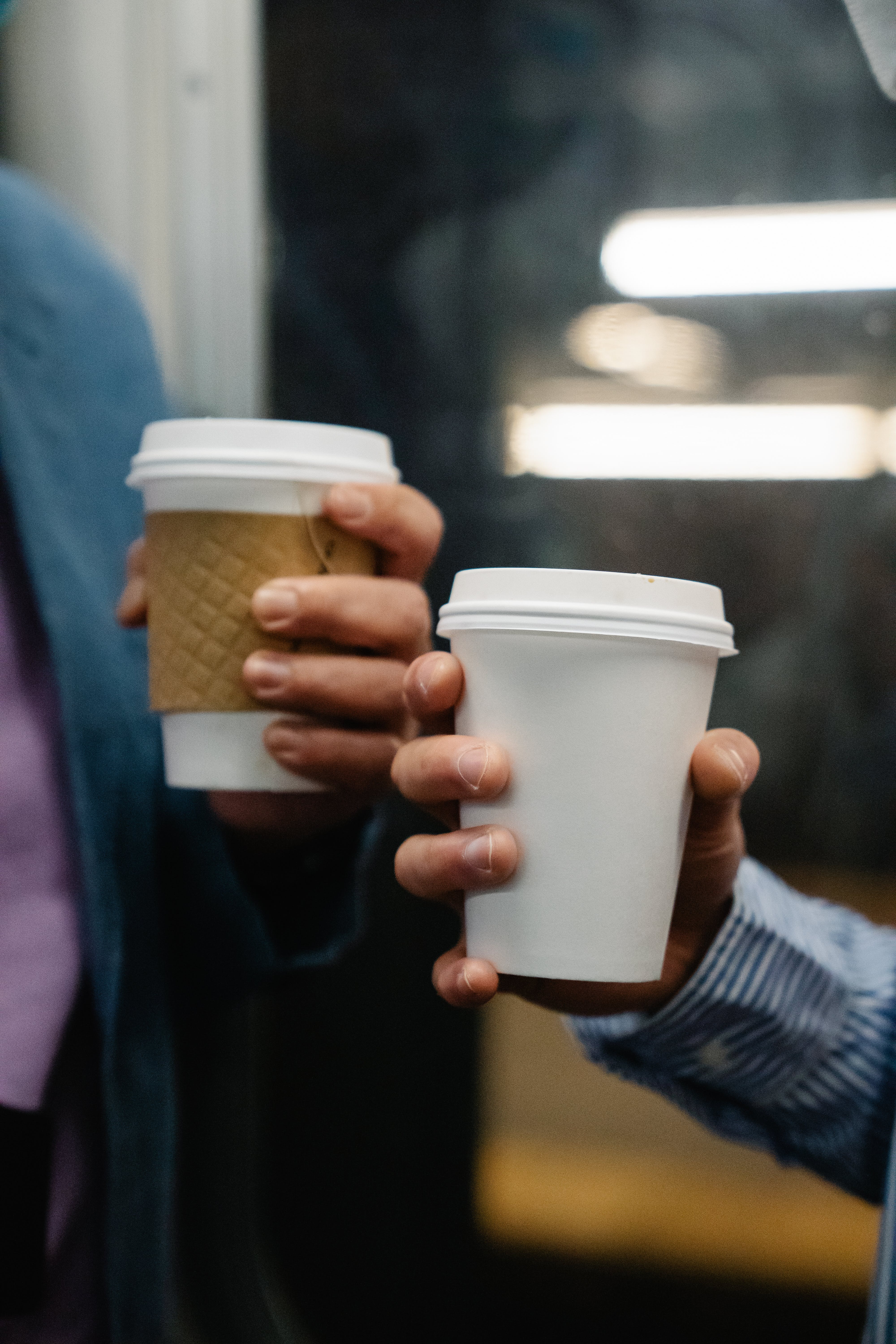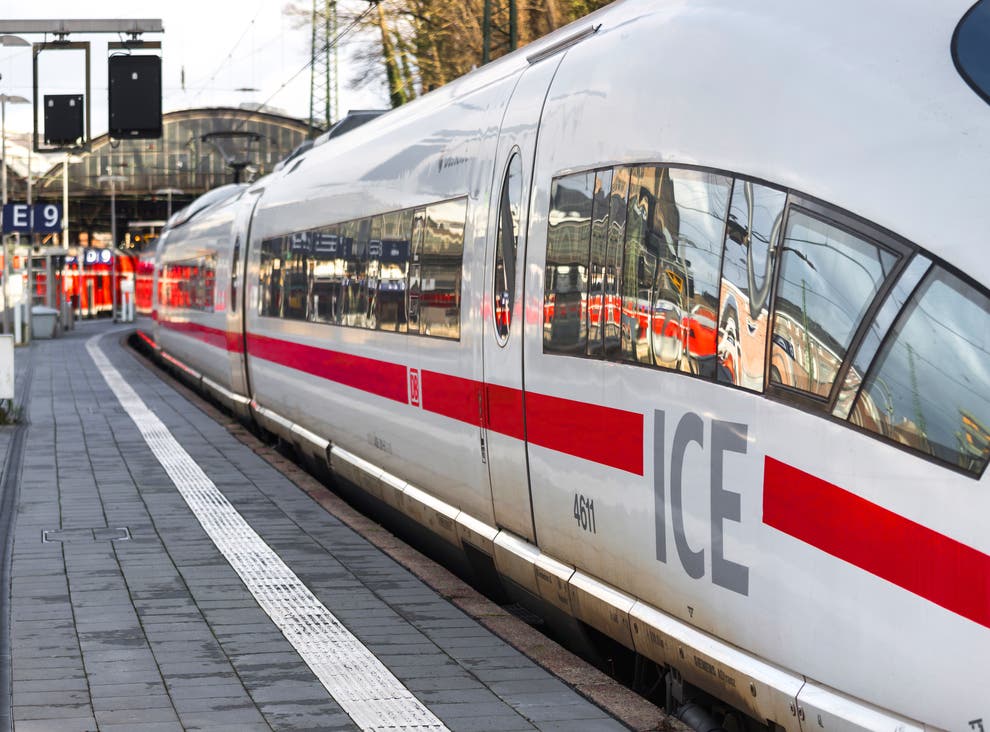
Shoppers will be able to deposit any single-use drinks packaging made from either PET plastic or aluminium, between 100ml and three litres in size. Barcodes must be attached and readable.
Collected packaging will be sent for recycling. Lidl is aiming to capture at least 10.5 tonnes of material every month.
The launch of the scheme is intended to go some way to preparing customers for Scotland’s nationwide deposit return scheme (DRS) for drinks packaging, which was due to launch last August but was delayed until March 2024.
Further delays could yet be announced due to backlash from some retailers, plus the fact that a UK-wide DRS is not due to launch until early 2025 at the soonest.
DRS initiatives see a levy placed on beverages, which customers can only claim back after returning their used packaging to a certified collection point for recycling.
But Lidl has elected not to add a levy to its beverages at present. Instead, customers will receive a 5p reward for every bottle or can returned, with no limit on the amount that each person can claim. They can receive the rewards as either a voucher for money off their next shop, or as a donation to Lidl’s charity partner in Scotland, STV Children’s appeal. The appeal supports children in poverty with education, mental health care, social activities and necessities like food and clothing.
Lidl GB’s chief commercial officer Richard Bourns described the initiative as “a win-win for all”.
He said: “We’re on a mission to eliminate all unnecessary waste, and with over 95% of our own-brand packaging now recyclable, reusable, or refillable we’ve been making great progress. We know that Lidl shoppers share this passion, and we hope that utilising this infrastructure, which might otherwise have been left dormant, will help to make recycling their cans and bottles even more convenient for them.”
Source edie







